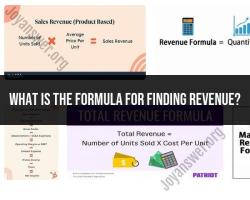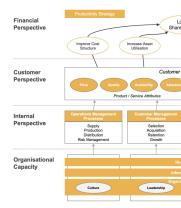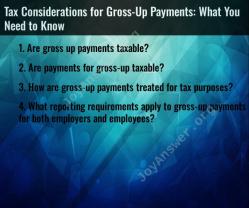Are certificates of deposit good investments?
Certificates of Deposit (CDs) can be considered good investments for certain individuals, depending on their financial goals, risk tolerance, and investment strategy. Here are some factors to consider when assessing CDs as investments:
Safety and Stability: CDs are considered low-risk investments, especially when compared to more volatile options like stocks. They are typically offered by banks and credit unions and are often insured by the FDIC (Federal Deposit Insurance Corporation) for up to a certain amount, providing a level of safety and stability.
Fixed Interest Rates: CDs offer fixed interest rates for a predetermined period, providing predictability in returns. This can be appealing for investors who value stability and want to know exactly how much interest they will earn over the CD's term.
Diversity in Investment Portfolio: CDs can be part of a diversified investment portfolio. While they may not offer the same potential for high returns as riskier investments, they can serve as a conservative component to balance out more aggressive assets.
Liquidity Considerations: One drawback of CDs is that they often come with penalties for early withdrawal. If liquidity is a top priority, other investment options with more flexibility may be more suitable.
Inflation Risk: One challenge with CDs is that the fixed interest rates may not keep pace with inflation. In periods of higher inflation, the purchasing power of the returns may be eroded.
Alternatives: Depending on your financial goals, you may explore other investment options that offer potentially higher returns, such as stocks, bonds, or mutual funds. However, these options also come with higher levels of risk.
Ultimately, whether CDs are a good investment for you depends on your individual financial situation, goals, and risk tolerance. If you prioritize safety, stability, and a known return, CDs may be a suitable choice for a portion of your portfolio. If you seek higher potential returns and are willing to take on more risk, you might consider a mix of different investment vehicles. It's advisable to consult with a financial advisor to determine the best investment strategy based on your specific circumstances.
Are Certificates of Deposit (CDs) Considered Good Investment Options?
Certificates of Deposit (CDs) can be considered good investment options for certain individuals and circumstances due to their low risk, guaranteed returns, and potential for steady income. They are particularly suitable for investors who:
Seek low-risk investments: CDs are considered among the safest investment options due to their FDIC insurance, which protects deposits up to $250,000 per depositor.
Prioritize capital preservation: CDs guarantee the return of the principal amount invested, making them ideal for individuals who prioritize protecting their savings rather than maximizing returns.
Require predictable income streams: CDs offer fixed interest rates, providing a steady and predictable stream of income throughout the CD term. This can be beneficial for retirees or individuals who rely on regular income from their investments.
Advantages of Investing in CDs
Low risk: CDs are considered one of the safest investment options due to FDIC insurance and their fixed interest rates.
Guaranteed returns: CDs guarantee the return of the principal amount invested, ensuring that investors won't lose money.
Predictable income: CDs offer fixed interest rates, providing a steady and predictable stream of income throughout the CD term.
Simple and straightforward: CDs are easy to understand and invest in, making them suitable for individuals with limited investment experience.
Drawbacks of Investing in CDs
Limited return potential: CDs typically offer lower interest rates than other investment options, such as stocks or bonds, limiting their potential for higher returns.
Limited liquidity: CDs are illiquid investments, meaning they cannot be easily sold or accessed without incurring penalties.
Interest rate risk: CDs are subject to interest rate risk, where rising interest rates can make existing CDs less attractive.
Comparing CDs to Other Investment Vehicles
| Feature | CDs | Savings Accounts | Money Market Accounts | Stocks | Bonds |
|---|---|---|---|---|---|
| Risk | Low | Low | Low | Moderate to high | Moderate |
| Return potential | Low | Low to moderate | Moderate | High | Moderate to high |
| Liquidity | Limited | High | High | High | High |
| Income potential | Predictable | Low | Low to moderate | Variable | Variable |
| Complexity | Simple | Simple | Simple | Moderate to high | Moderate to high |
CDs offer a balance of low risk, guaranteed returns, and predictable income, making them a suitable option for investors seeking capital preservation and a steady income stream. However, their limited liquidity and lower return potential compared to other investment options should be considered.












